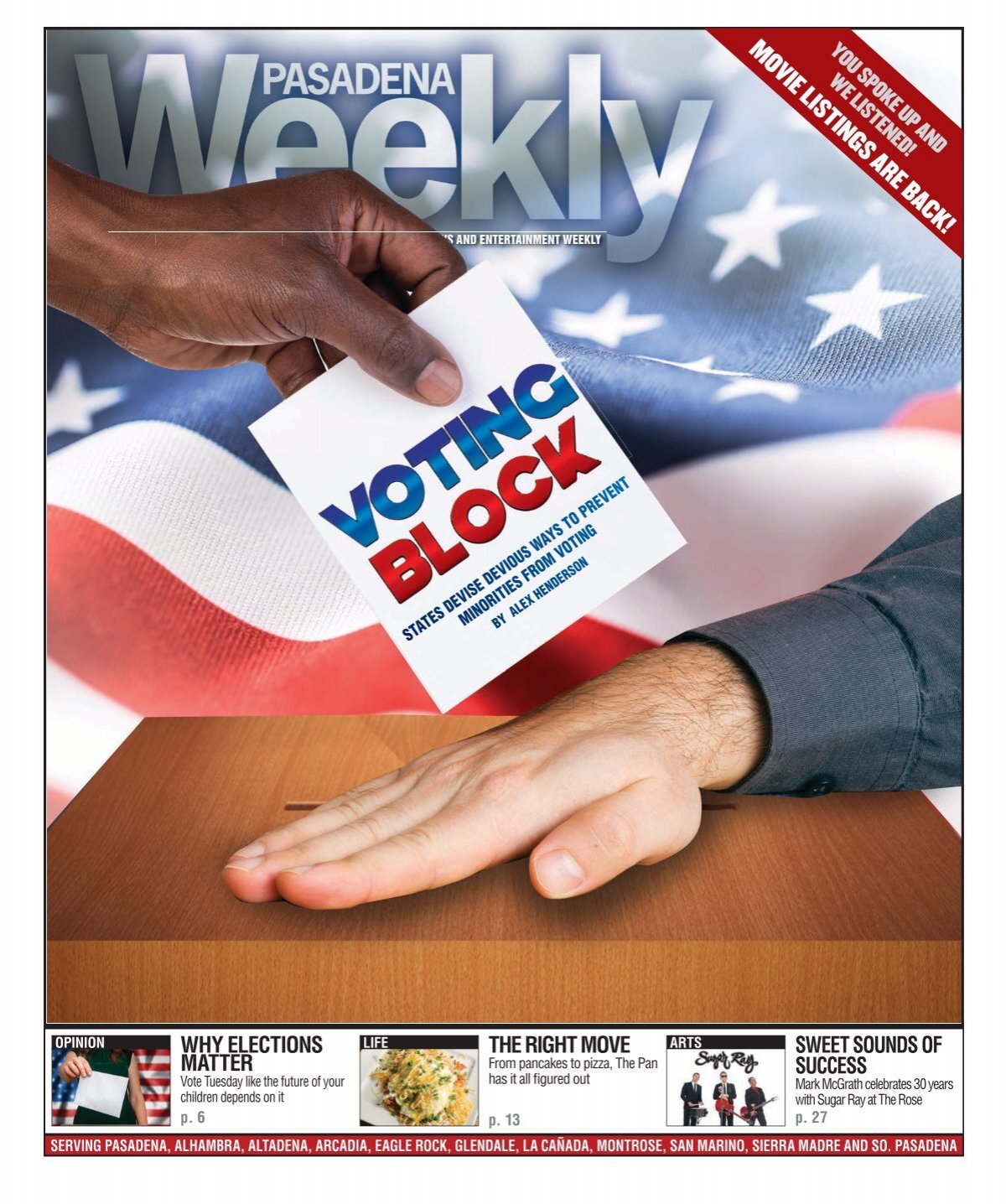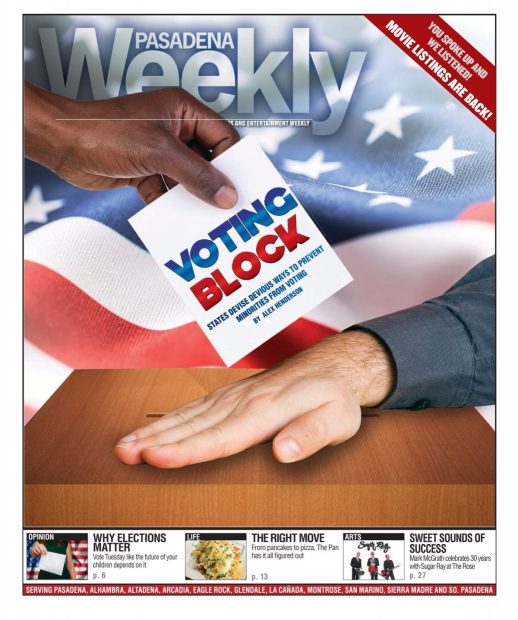
**Episode #607: The Transformation of Personal Finance Advice from a Single Library Book to an Abundance of Resources Today**
In the most recent episode of our financial literacy podcast, Episode #607, we explore the intriguing evolution of personal finance guidance—from its modest origin linked to one library book to the vast array of information accessible across diverse platforms today.
### The Humble Beginnings: Money Management in the Mid-20th Century
Not long ago, individuals wishing to grasp the concepts of saving money, cutting down debt, or building wealth had very few options. For several decades, financial education in the U.S. was primarily based on personal experiences or limited printed material—usually found within a worn library book or sporadic newspaper articles. Essential references included titles such as *The Richest Man in Babylon* (1926) or *Think and Grow Rich* (1937), which were pivotal works influencing early financial strategies.
Public education institutions seldom offered courses focused on personal finance; instead, people typically turned to family customs or personal willpower to handle their finances. Financial literacy was viewed more as an individual obligation than a communal one.
### The 1980s–1990s: The Emergence of Financial Authorities
As we entered the 1980s, professional financial advisors came to the forefront. A significant change happened with the advent of certified financial planners (CFPs) and media figures like Suze Orman and Dave Ramsey, who provided inspirational yet practical financial advice through books, television, and radio.
During this period, concepts such as budgeting, emergency savings, and retirement planning gained traction. The introduction of 401(k) plans in the U.S. heightened the public’s necessity for understanding personal financial strategies. An increase in literature and publications sparked a burgeoning industry of advisors, all promising various strategies for wealth accumulation, frequently customized for distinct demographics and psychological profiles.
### The Digital Age: An Overabundance of (Conflicting) Insights
The dawn of the internet in the early 2000s made personal finance advice more accessible than ever. Online platforms such as blogs, forums (including early Reddit groups), and calculators empowered individuals to better understand how to minimize debt, compound interest, and investment vehicles like ETFs and index funds.
Nevertheless, this sudden influx of information resulted in some disarray. The internet muddied the boundaries between professional advice and personal viewpoints. Conflicting strategies—from extreme frugality to high-risk investing—filled the space. While some welcomed the surge of resources, for others, selecting the “best advice” became a daunting task.
### The Current Era: Podcasts, YouTube, and Finfluencers
In the contemporary landscape, personal finance advice pours in from a variety of mediums: podcasts, YouTube content, TikTok influencers, eBooks, and mobile applications. Tools like You Need A Budget (YNAB), Mint, and Personal Capital simplify budgeting and automate processes, while YouTube channels and podcasts deliver continuous education on topics ranging from stock evaluation to side jobs.
The decentralization of information allows everyone—from young adults to retirees—to discover content aligned with their specific financial circumstances and aspirations. Finfluencers (financial influencers), despite being controversial and often unlicensed, have emerged as significant information sources for younger audiences, incorporating storytelling and relatability into their messages.
Podcasts have particularly grown in popularity due to their accessibility and depth. Programs such as *The ChooseFI Podcast*, *Afford Anything*, and our own weekly series present interviews with experts, real-world case studies, and detailed guides that extend well beyond what was available in a single financial book.
### The Double-Edged Sword of Availability
While the availability of financial advice has soared, so have potential pitfalls. Monetized courses, affiliate promotions, and sponsored content can obscure the impartiality of advice. Distinguishing useful insights from self-serving material, scams, or overly simplistic guidance has emerged as a new component of financial literacy.
Financial podcasts increasingly feature disclaimers advising listeners that advice is generic and should not replace tailored financial planning. The demand for critical thinking abilities has never been as crucial.
### The Key Takeaway
A primary lesson from Episode #607 is the understanding that while the methods for delivering personal finance advice have shifted significantly, the core principles—living below one’s means, saving diligently, and investing wisely—remain constant.
Looking to the future, emerging technologies like artificial intelligence, robo-advisors, and decentralized finance (DeFi) are set to further change how people manage their finances. However, the ongoing challenge will be for individuals to navigate the noise, identify trustworthy sources, and make decisions that align with their unique situations.
### Concluding Thoughts
From the serene shelves of a public library to the ever-flowing feed of financial influencers on social media, personal finance advice has experienced a profound transformation. Episode #607 serves as both a nostalgic look back and a practical resource for steering through today’s information-saturated and often daunting financial environment.
For listeners keen on forging a more informed financial future, the essential
